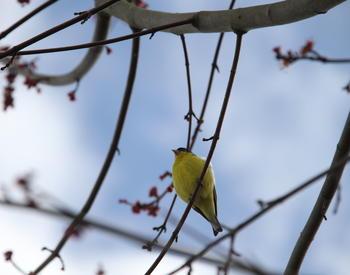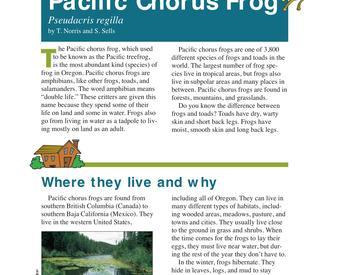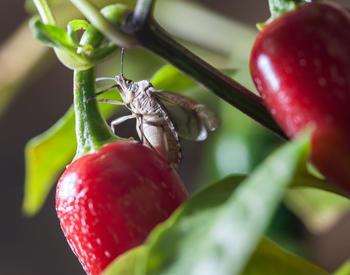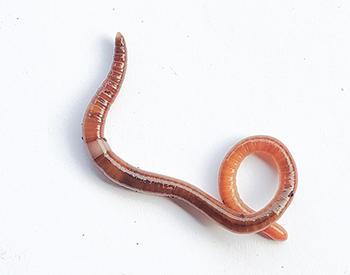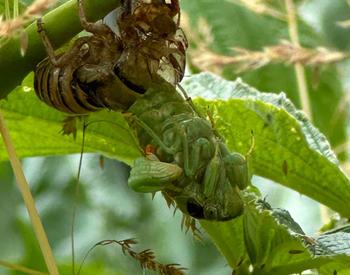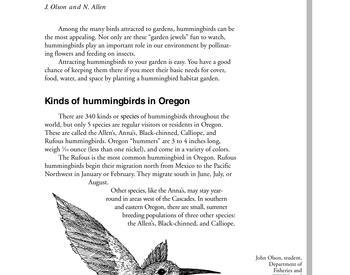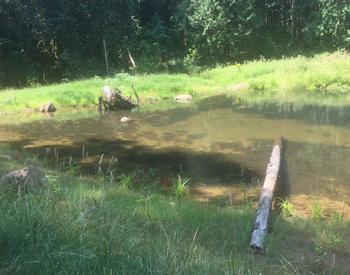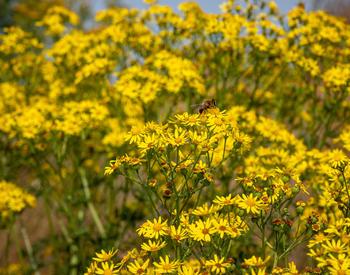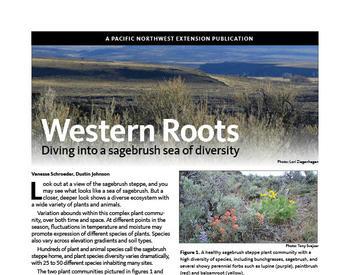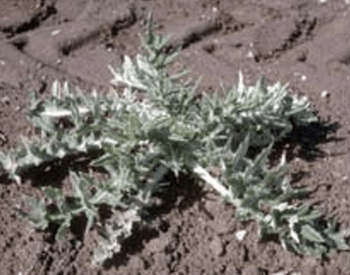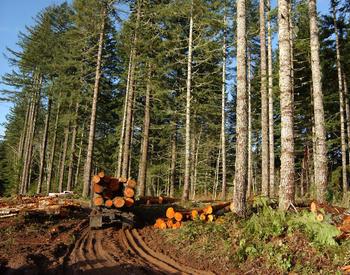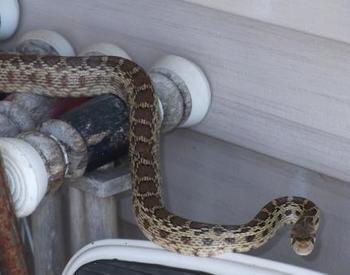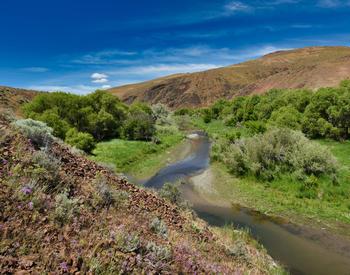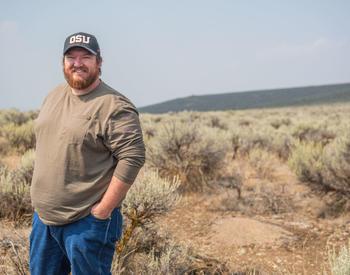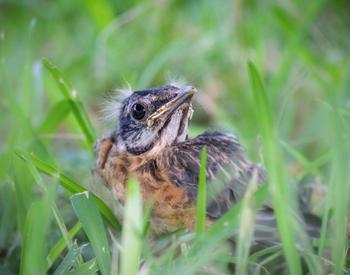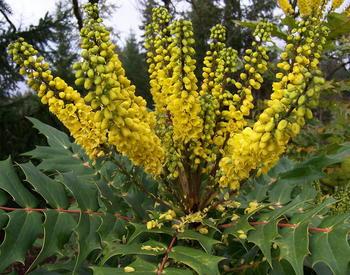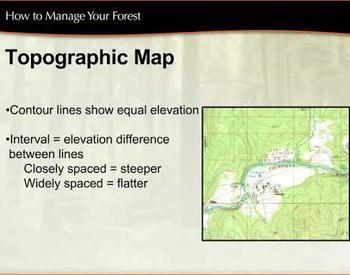I found a large frog in a planter in my backyard. He hunts there during the day and ventures out a little in the evening. My yard is totally enclosed so it stays near same area. I sent a photo to family members and they were concerned it could be poisonous or endangered. I have not touched it, but for peace of mind thought I would check.
The frog you discovered in your yard is the American Bullfrog (think frog races in Huckleberry Finn and frog legs). They are completely harmless to humans, but have become ecological disasters beyond their native range.
This species of frog is actually not native to Oregon or any state in the western United States. It is native to the eastern US and Midwest. It made its way out here when people relocated them for use as pets, school projects, food source (frog legs), and accidentally when non-native game fish were brought in to stock ponds and lakes. Escaped or released frogs have subsequently reproduced and spread into new areas. They are extremely successful at establishing new territories, as is the case with invasive species.
American Bullfrogs are the largest frog species found here and can take advantage of new locations because there is very little competition for food and space. They are ecologically damaging because they are predators of native frog species, other amphibians and native turtles, in particular, the Western Pond Turtle, which is a rare species in Oregon and Washington. Bullfrogs will consume baby turtles, thus reducing the reproductive success of this turtle species. Having a voracious appetite, they will also consume anything that they can capture and consume, including birds, bats, fish and small mammals.
The American Bullfrog is naturalized here, which means they freely live and reproduce in the wild. It is not protected in Oregon and can be eliminated (killed) if found.
Here is a very informative publication produced by Oregon Sea Grant about the American Bullfrog.
Thank you for contacting the OSU Extension Service.
